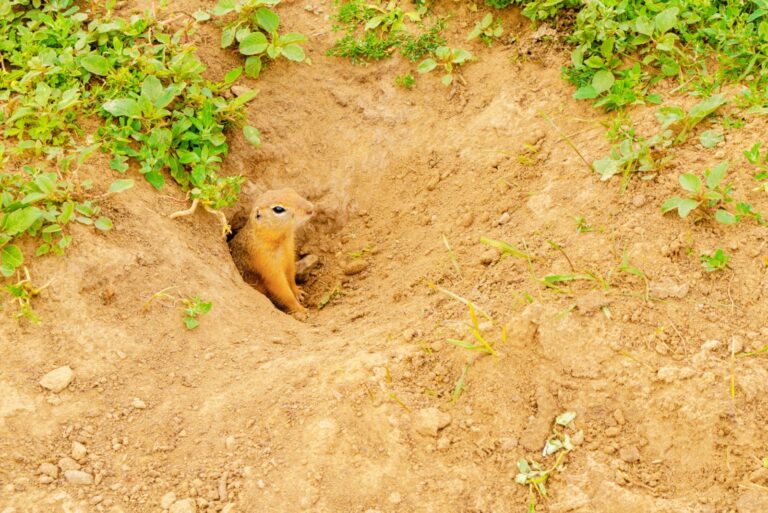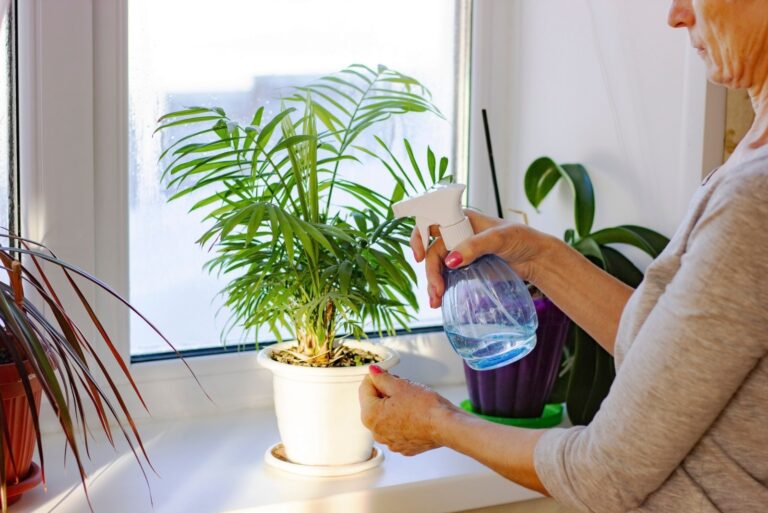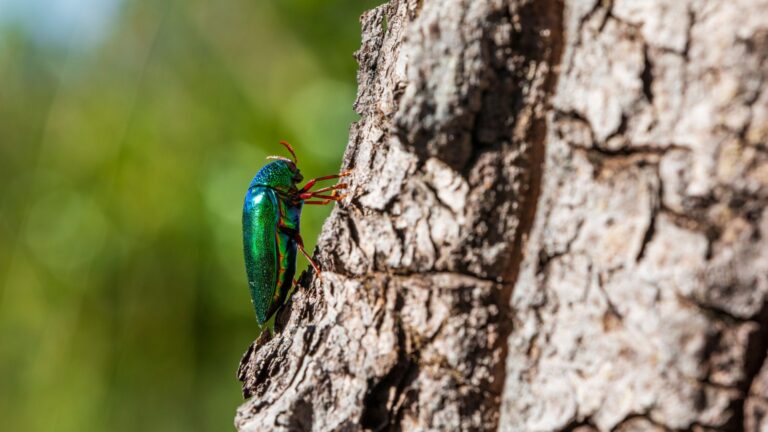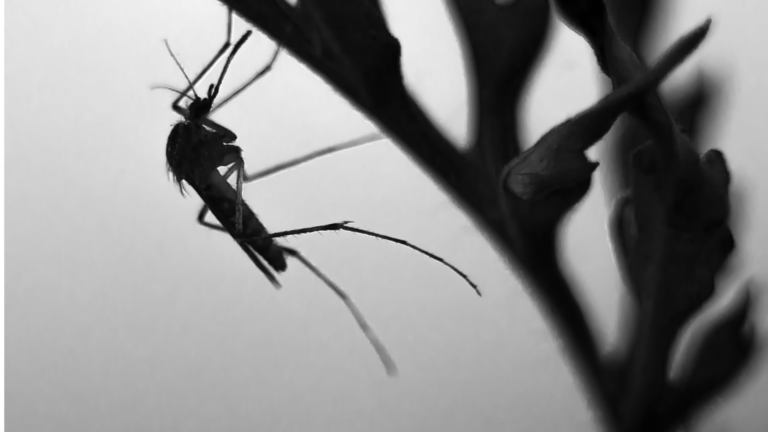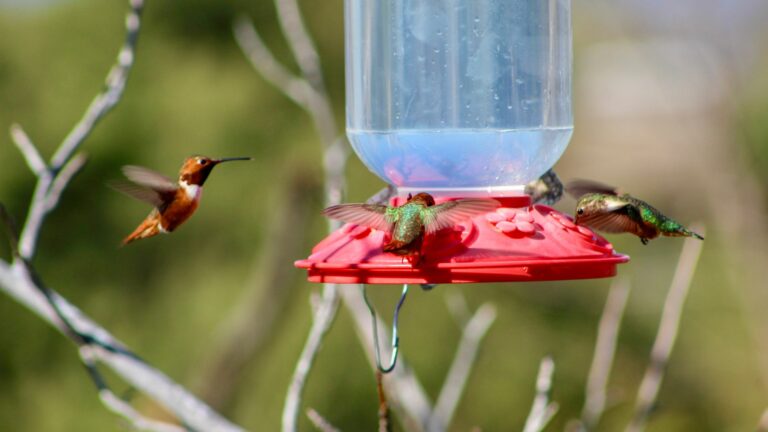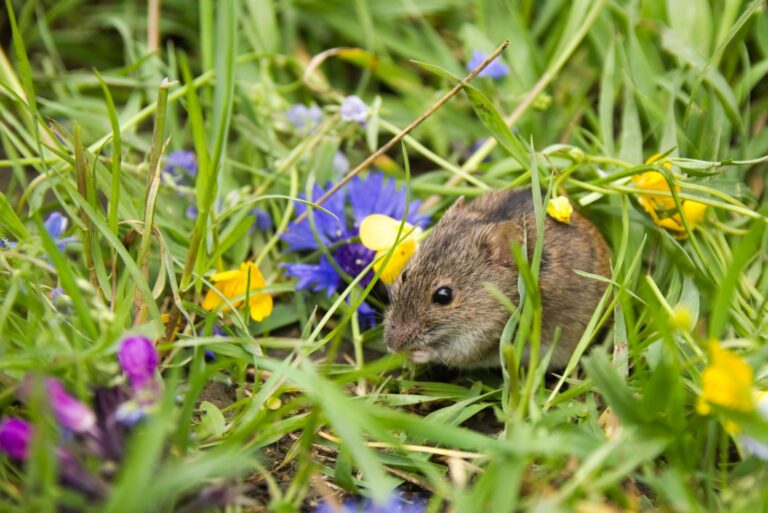What Tennessee Homeowners Should Know Before Trying To Remove Raccoons From The Yard
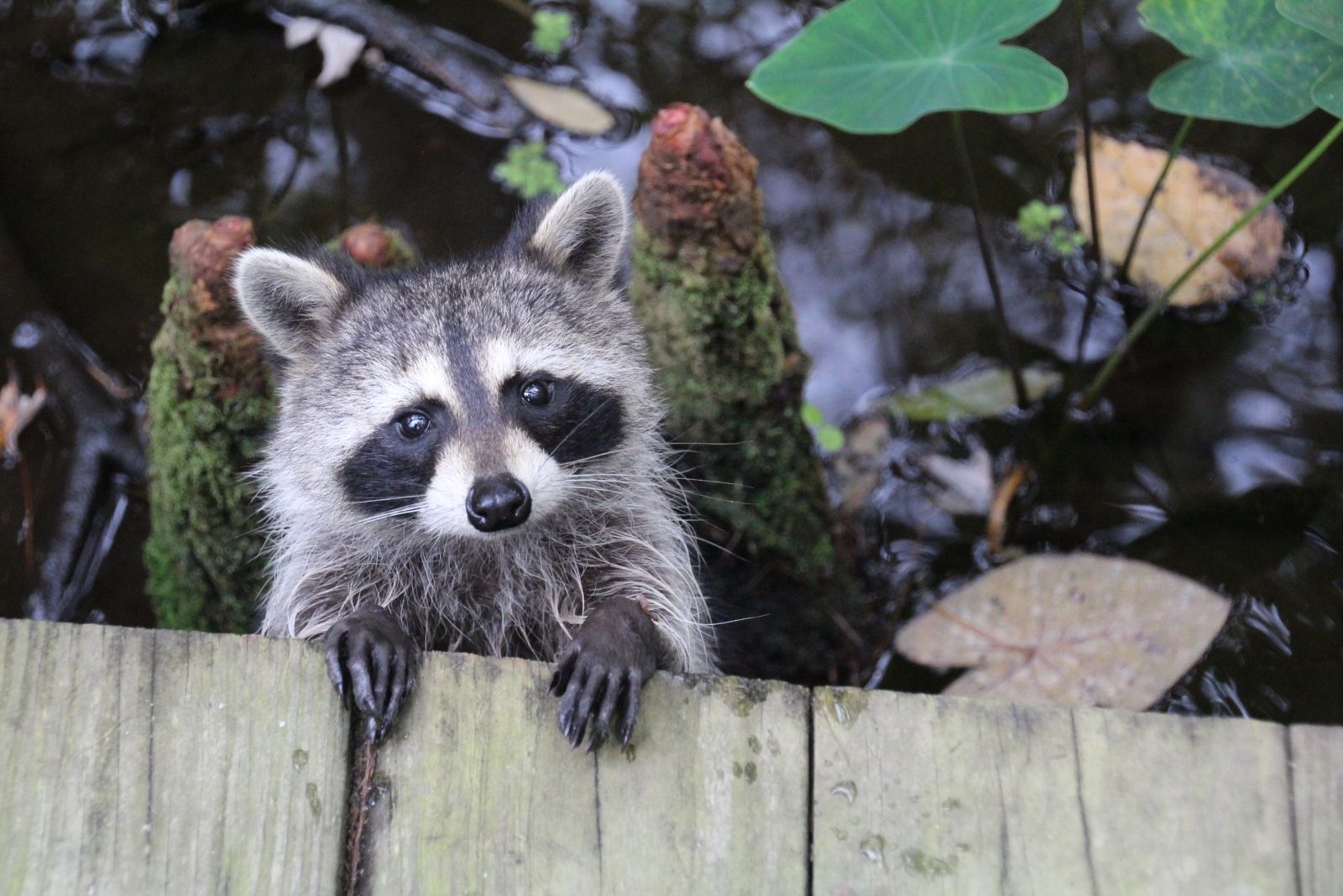
Raccoons might look cute with their masked faces and fluffy tails, but having them in your Tennessee yard can cause real problems.
These clever creatures can damage property, dig through trash, and even carry diseases that put your family and pets at risk. Before you try to handle a raccoon problem on your own, there are some important things every homeowner needs to understand to stay safe and follow the law.
1. Raccoons Are Protected By State Wildlife Laws
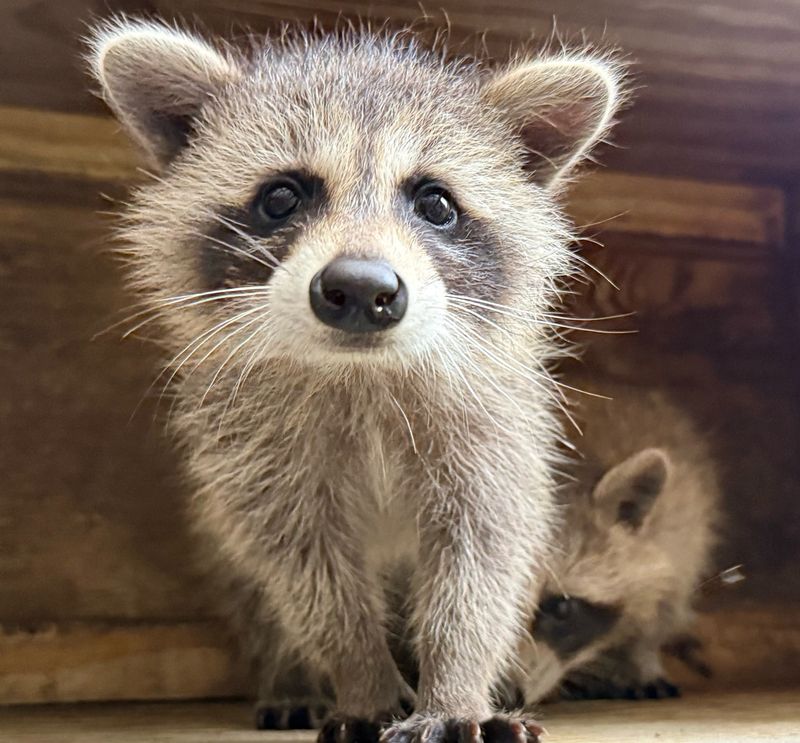
Tennessee has specific regulations about handling wildlife, and raccoons fall under these rules. You cannot just trap or relocate a raccoon without proper permits from the Tennessee Wildlife Resources Agency.
Breaking these laws can result in hefty fines, even if you think you are helping. Many homeowners do not realize that moving raccoons to a new location often causes them to die because they cannot find food or shelter in unfamiliar territory.
Always check state guidelines first or contact a licensed wildlife control professional who knows the legal way to handle these situations.
2. These Animals Can Carry Dangerous Diseases

Rabies is the biggest concern when dealing with raccoons in Tennessee. The state sees numerous rabies cases each year, and raccoons are common carriers of this deadly virus.
Beyond rabies, these animals also spread roundworm through their droppings, which can cause serious illness in humans, especially children. Leptospirosis is another bacterial infection raccoons carry that affects both people and pets.
Never approach or touch a raccoon, especially if it seems unusually friendly or active during daylight hours. These behaviors often signal sickness, making the animal even more unpredictable and dangerous to handle.
3. Mother Raccoons Become Aggressive When Protecting Babies

Spring and early summer bring baby raccoon season across Tennessee, and mother raccoons turn fiercely protective during this time. A normally cautious raccoon will attack if she thinks her babies are threatened.
Female raccoons often nest in attics, chimneys, or under porches where they feel safe raising their young. If you discover a den on your property, never attempt to remove the babies yourself.
The mother will fight back with sharp claws and teeth, causing serious injuries. Wait until the babies grow old enough to leave, or hire professionals who have the right equipment and experience to relocate families safely.
4. DIY Trapping Often Backfires On Homeowners

Buying a trap from the hardware store might seem like an easy solution, but trapping raccoons yourself creates more problems than it solves. Raccoons are incredibly smart and can figure out how to escape or avoid traps altogether.
Even if you catch one, you then face the challenge of handling an angry, scared animal that can bite through gloves. Tennessee law also restricts where you can release trapped wildlife, and most public lands prohibit it entirely.
Plus, removing one raccoon rarely solves the problem since others quickly move into the vacant territory, leaving you right back where you started.
5. Raccoon Bites And Scratches Require Immediate Medical Care
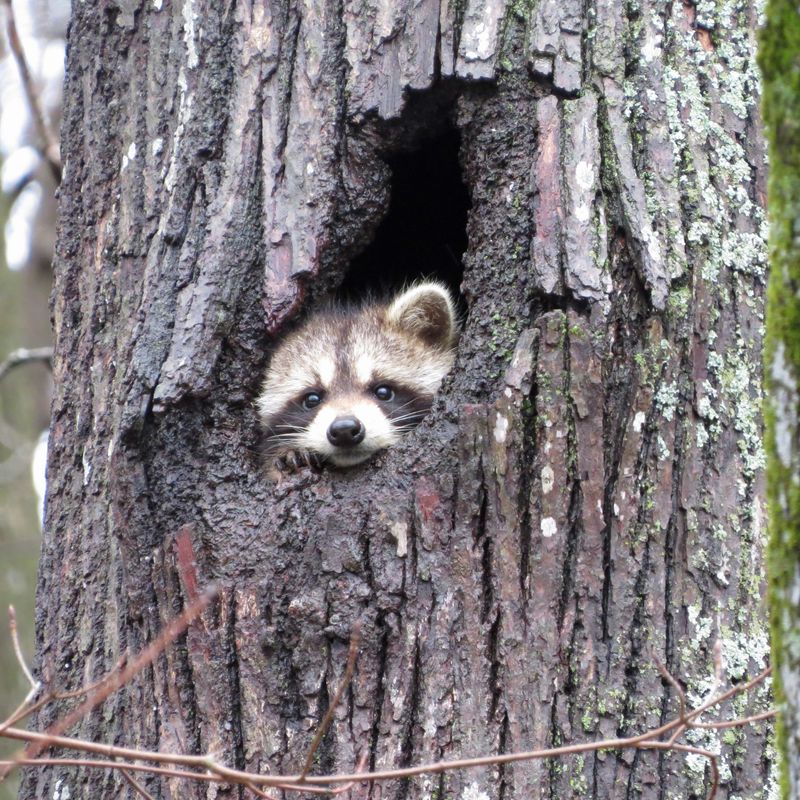
Any bite or scratch from a raccoon demands urgent attention from a doctor, no matter how small the wound appears. Because rabies remains fatal once symptoms appear, medical professionals must evaluate every raccoon injury.
Treatment often includes a series of rabies shots that must start quickly after exposure. Deep scratches can also introduce harmful bacteria into your bloodstream, leading to dangerous infections.
Tennessee emergency rooms regularly treat people who underestimated raccoon injuries and waited too long to seek help. Clean any wound thoroughly with soap and water, then head straight to urgent care or the hospital for proper evaluation and treatment.
6. Professional Removal Costs Less Than Property Damage

Raccoons cause thousands of dollars in damage when they decide to make your Tennessee home their permanent residence. They tear off roof shingles, rip apart insulation, chew through electrical wiring, and leave behind contaminated droppings throughout attics.
Water damage from holes in your roof can lead to mold growth and structural problems that cost far more than hiring a wildlife expert. Insurance companies often deny claims for gradual damage caused by animals.
Spending money upfront on professional removal saves you from much bigger repair bills later, plus experts can identify and seal entry points to prevent future invasions.
7. Prevention Works Better Than Removal Every Time
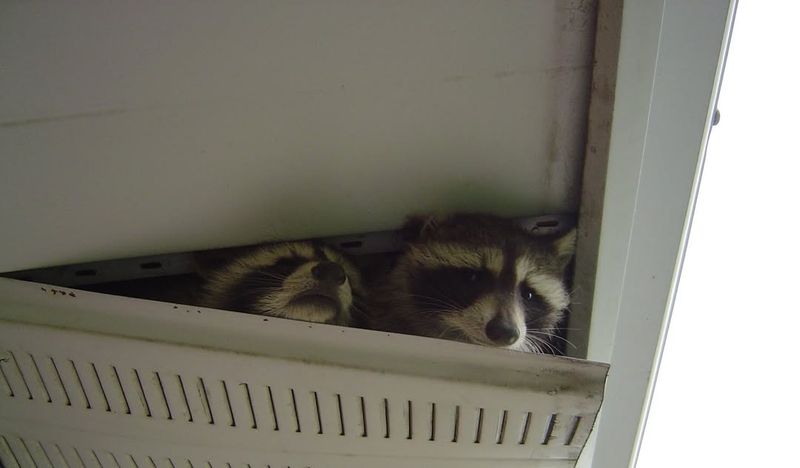
Making your yard less attractive to raccoons beats dealing with removal problems down the road. Secure trash cans with tight-fitting lids or store them in your garage until collection day arrives.
Remove pet food bowls from outside after your animals finish eating, and pick up fallen fruit from trees regularly. Seal potential den sites like spaces under decks, openings in sheds, and gaps around your foundation.
Tennessee homeowners who take these simple prevention steps rarely face raccoon invasions. Once these animals find easy food and shelter, they return repeatedly and bring their relatives along, creating problems that grow harder to solve.

